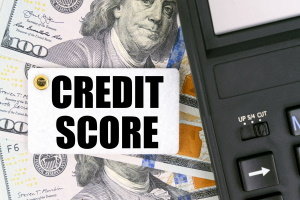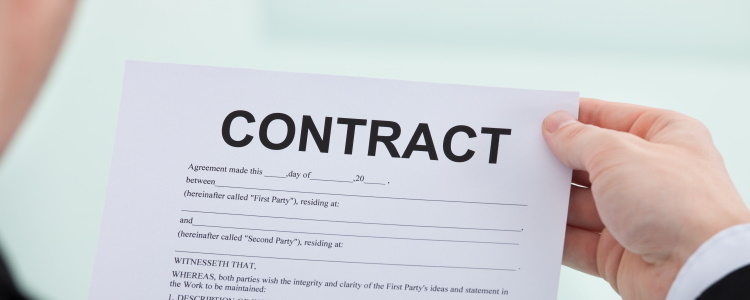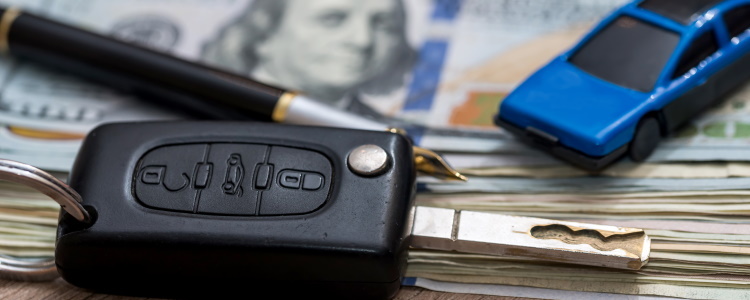Well-managed credit can do wonders for your credit score. But it’s not always easy to get approved for new credit when your credit score needs work. If you’re in need of a car loan with less than perfect credit, there are auto lenders who may be able to help you repair your credit and your no-car situation.
How Credit Improves Credit
When you hear, “Your credit is poor,” from an auto lender, they’re probably referring to your credit score. Lenders use credit scores as a way to determine if you’re a borrower that’s fit to be approved for a loan.
Often, bad credit borrowers are denied vehicle financing from traditional lenders. A low credit score is one of the most common financing denial reasons. Even if you show a lender that you have the income to repay a loan, a poor credit score could be the sole reason you’re turned down for vehicle financing.
And if you have poor credit or no credit history, you may have been told that one of the better ways to build credit is to take on credit – but what does that mean?
 Credit is borrowed money; credit reports are detailed records of your current and past borrowing history; your credit score is a snapshot of your creditworthiness based on what’s on your credit reports.
Credit is borrowed money; credit reports are detailed records of your current and past borrowing history; your credit score is a snapshot of your creditworthiness based on what’s on your credit reports.
Credit is an agreement between you and a lender, in which you agree to repay borrowed money that you use to buy something – like a vehicle. The more on-time payments and varied types of credit you have on your credit reports, the higher your credit score is likely to be. The two main types of credit are revolving credit (credit cards) and installment credit (like an auto loan).
Your FICO credit score is a three-digit number between 300 and 850 that lenders use to quickly judge your ability to repay borrowed money. Your credit score is generated from your credit reports, which record your history of repaying credit (among other things).
By taking on new credit, you’re adding to your credit reports. And if you have poor credit want to get started on building your credit history, then a subprime auto loan may be for you.
Car Loans for Bad Credit Borrowers
Getting approved for a car loan when you have poor credit can be tough, but it’s not impossible. There are lenders to assist borrowers with bad credit and no credit.
While one of the most common ways to get an auto loan is going to a bank or credit union, dealerships have lending partners, too. And some are signed up with bad credit lenders called subprime lenders. Dealerships with bad credit resources are often called special finance dealerships.
At a special finance dealership, the first thing you do is apply for auto financing in the finance department. If you’re approved, the subprime lender outlines the auto loan contract and tells the special finance manager your maximum car payment. From there, you choose a vehicle that fits your needs, the lender’s specifications, and your budget.
Qualifying for a subprime car loan means proving you have financial stability. Subprime lenders look at more than just your credit reports and income – they also take into account your work history, living stability, down payment size, and more.
Building Credit Once You Get it
Getting approved for a car loan is just the beginning of repairing or building your poor credit history.
To actually boost your credit score, you need to pay all your bills on time, keep revolving credit balances low, avoid repossession, and maintain all your other household expenses. Bills such as your electric bill typically aren’t automatically reported to the credit bureaus – but if you start to miss payments, those missteps are likely to be reported and harm your credit score.
Payment history is the single most important factor of your credit score: 35% of it. By paying all your loans and bills on time, you’re on your way to a better credit score. Additionally, if you do have negative marks on your credit history, almost everything falls off after seven years. Each year those bad marks have less impact as time goes on, as well. Repairing your credit score can take time, but improving your credit means saving money when you need to borrow.
A better credit score means a higher likelihood of qualifying for lower interest rates on things like a car or house. Interest charges can stack up quickly, lead to higher monthly payments, and overall, could mean paying more for your car than a good credit borrower.
Taking on new credit and paying for it responsibly improves your chances of getting better terms on future loans. However, this all depends if you pay your bills on time – missed and late payments, accounts sent to collections, and defaulted loans all lower your credit score.
Finding a Special Finance Dealership
Getting approved for an auto loan with less than perfect credit doesn’t have to be a hassle. But finding a special finance dealership can be tough since many dealers don’t advertise who their lending partners are.
Here at Auto Credit Express, we want to help you find a dealer that’s signed up with subprime lenders. Thanks to our nationwide network of special finance dealerships, we can look for a dealer in your local area that’s able to assist with all sorts of unique credit situations.
Get started by filling out our free car loan request form. We’ll get right to work, and there’s never an obligation.
















